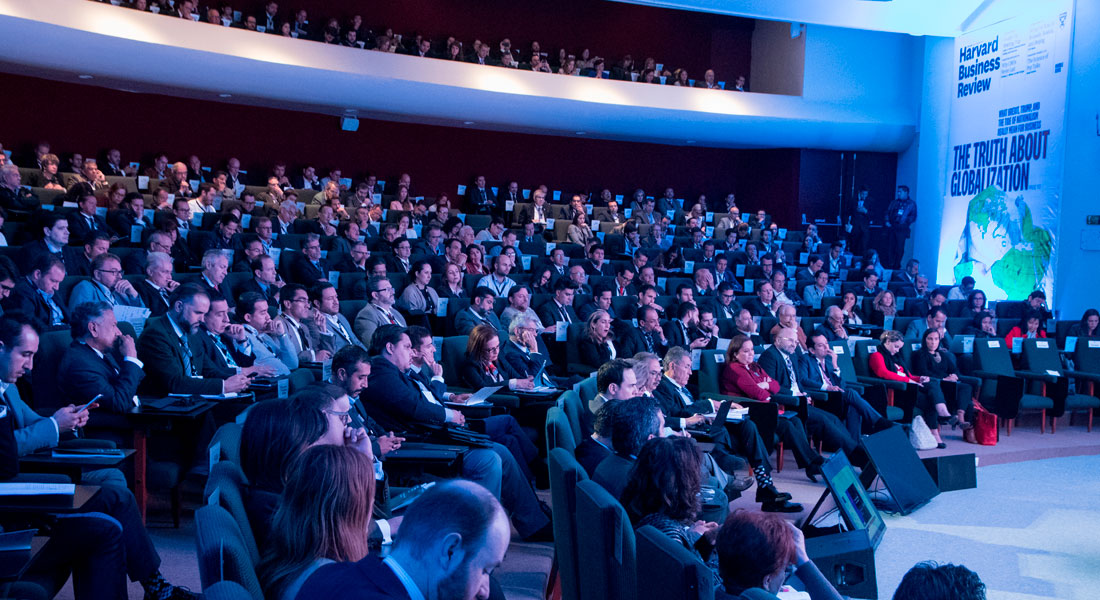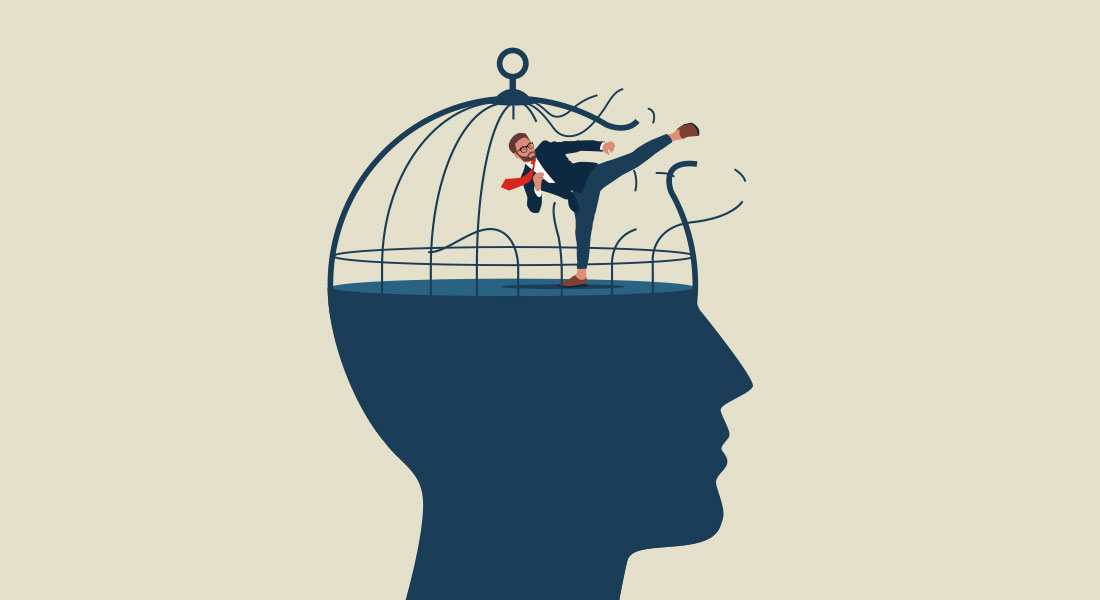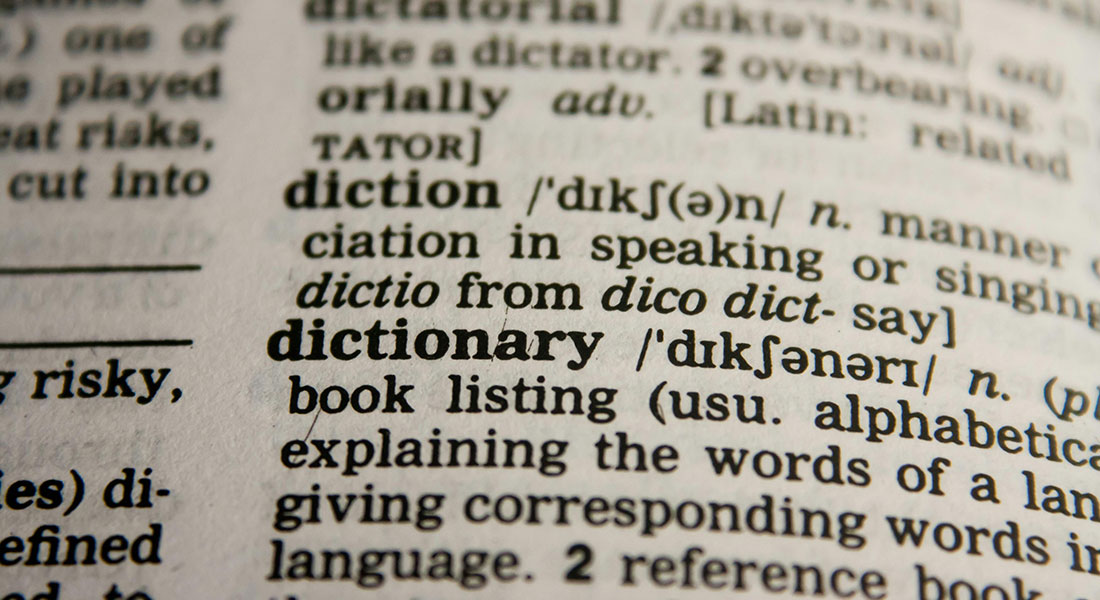


We live in times of something that I have often called "destructive immediacy". By this, I mean that we are getting used to living in an ultra-reactive mode (especially when using any social network): doing several things at once, all of them half-heartedly, and often reacting immediately and impulsively to things that are decidedly trivial (Facebook comments, memes that get us enraged, etc.), yet can quickly trigger our impulses of aggression, narcissism or easy offense. Someone recently told me that they wanted to take a course on "mindfulness"; as in, learning how to do things consciously and with undivided attention. It would appear laughable – or suspiciously similar to quackery – that nowadays any adult would "need" a "course on paying attention". But then I thought that I myself have my developed, over the course of the past years, my own "mindfulness" methods and techniques, precisely with the intention of avoiding such a “reactive” mode. I combine different things; for instance, a moment of meditative awareness about why I am about to start some task (Why do this? What is the goal, what am I to achieve?); a conscious effort to do my work with grateful enthusiasm (Instead of thinking that "I have to" do something, I tell myself that "I get to" do it. It may sound corny, but hey, we all have depressing days where the to-do list is dread-inducing); setting alarms in order to be aware of how much time I dedicate to each task (not too much, not too little; know when to stop, know when not to stop); but above all, my absolute refusal to multitask if I can avoid it.
With all of this, I try not to fall into a state of automation where I’m doing several things at once, all half-heartedly, all with half my attention, all while being unaware of why is this worth doing, and allowing myself to waste large amounts of time on trivial things – which I almost invariably regret later – such as scrolling too much through Facebook, or reading All-Those-WhatsApp-Messages-That-Could-Have-Waited-And-I-Even-Forgot-Already-What-The-Hell-I Read (Addendum: “… And Which I Also Never Answered In Time, Because I Was Doing Something Else”). This culture of multitasking, and expecting multitasking in others, has my total rejection. I don’t care if we women supposedly have an easier time doing several things at once: I avoid it whenever possible, and studies already have shown how much multitasking robs us of productivity. Doing several things at once is almost a guarantee that none of those things is getting my 100% focus. It’s fine if done with trivial tasks that do not require that much concentration nor matter too much; but disastrous if we want to perform a task in excellence – which is only achieved by working in a focused manner. It is not my place to coach anyone – and my methods don’t necessarily have to suit others – but this approach has worked for me. I notice that when I try to rebel against my own methods and self-sabotage just because, I end up doing everything worse (and in a worse mood).
The thing is, in our modern world, such a way of doing things becomes almost dissidence. “Do many things at once, and do them right about now immediately this very second NOW”, would seem to be a requirement of our current hyper-connected and ultra-trending topic days. It only makes sense that a critical mass of people are feeling confused and overwhelmed enough by the pace of modern life, as to need to be reminded about mindfulness. The pressure to be online at all times, available at all times, to respond immediately to e-mails or messages, to jump in time unto the current Trending Topic Bandwagon – where "current" means the last two hours, because in two more there will be a new one – it's insane and it renders us less productive, not more. I try to avoid it, not always successfully. By the way, this bothers some people immensely: how dare I have my phone permanently silenced and ignore it while doing anything requiring my attention; how dare I not be in permanent chat mode. I try not to be "interruptible", which annoys many who live on very trendy Planet Distraction and expect me to react immediately. How much more productive in our work and businesses could we be, if we committed to always give tasks our undivided focus?
I believe that the disastrous combination of doing several things at once (at least one of those things involving almost invariably a smartphone), and also, "having to" react to everything immediately, makes us less productive, not more; it increases our absence, not our presence. Doing several things at once with little awareness of each, not only reduces our productivity as workers, our presence as human beings, and the joy of doing in general, but there are other dangers too. Such culture of immediacy is not only destructive because it makes us less productive, it also has helped to fuel trends of mass online harassment or mobbing (with the number of harassers sometimes reaching the hundreds), where everyone has been quick to attack someone who was summarily accused by social media of incurring in some sort of transgression. With no further research, nor stopping for five minutes to take a deep breath and think whether this is worth it, Twitter mobs attack – with the furious immediacy and the easy offense that have made it unique –, sometimes quickly destroying careers in the altar of public opinion. Five minutes, I guess, are too much to ask for many living on Planet Immediately.









